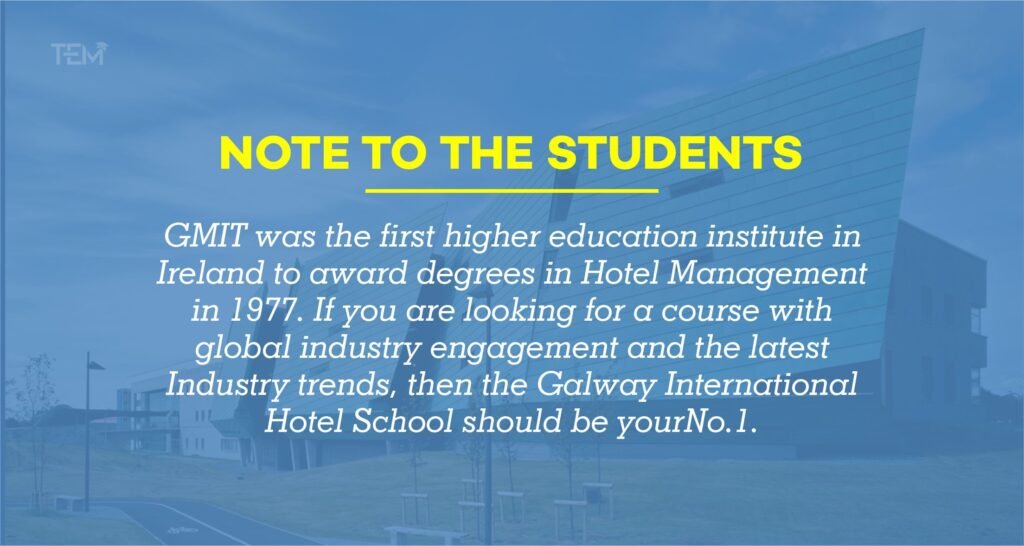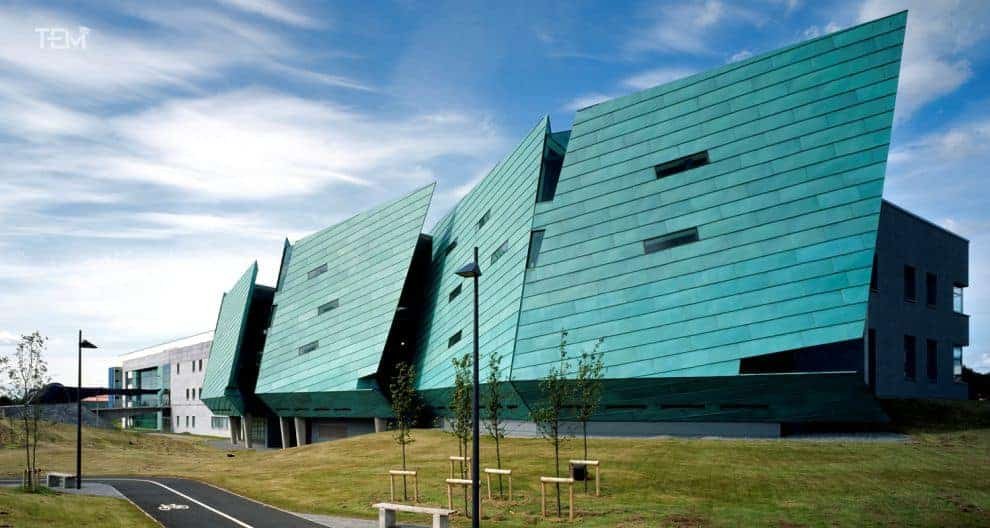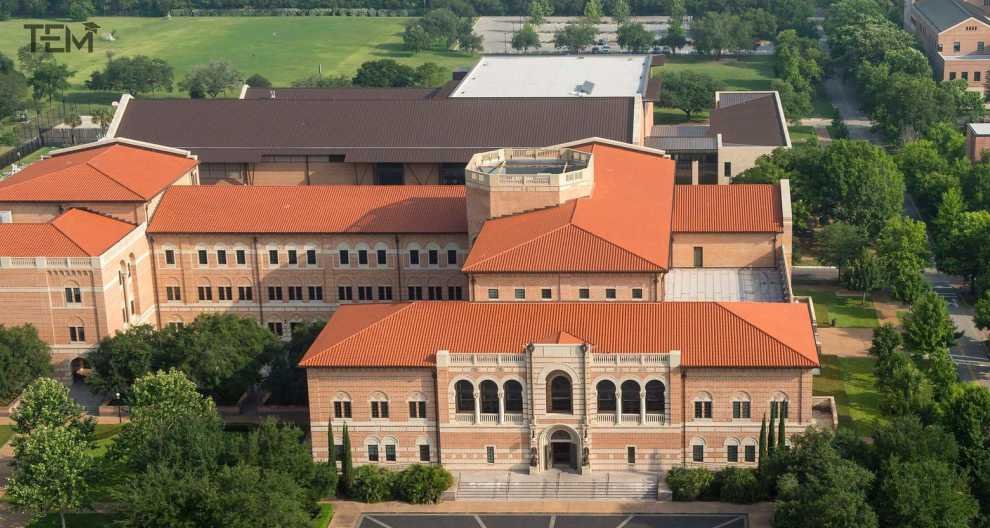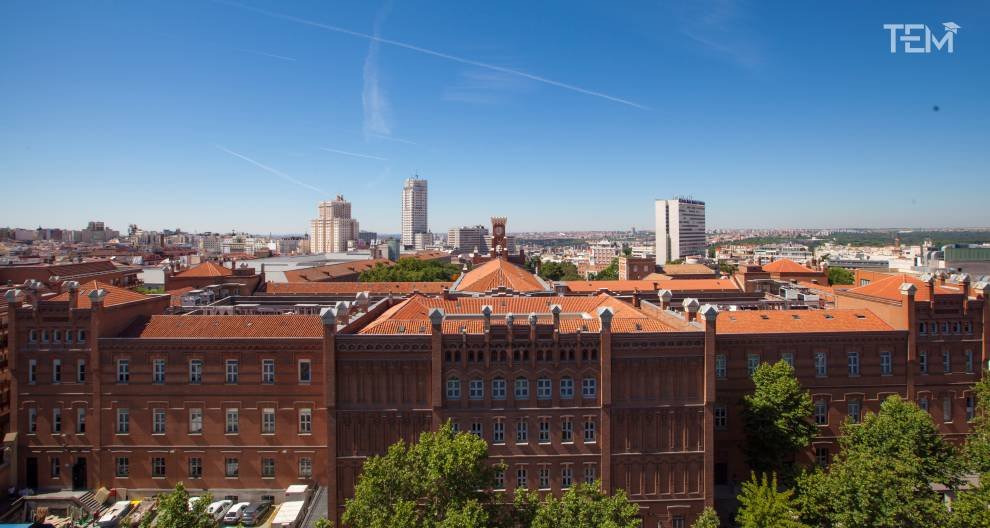Galway-Mayo Institute of Technology (GMIT) is one of 14 Institutes of Technology in Ireland. It was established in 1972 as Galway Regional Technical College. In January 1993, it became an autonomous institution of higher education under the Regional Technical Colleges act 1992. The Institute was legally designated an Institute of Technology in January 1998 and renamed Galway-Mayo Institute of Technology.
Serving a Diverse Student Body
GMIT is a multi-campus, multi-disciplinary, multi-award institute serving a diverse student body, with over 7800 registered students across all campuses. It is a student-centered organization with a primary focus on learning and teaching, informed by research.
It operates across a wide geographical area with campuses in Galway City (Dublin Road and Centre for Creative Arts and Media), Mayo (Castlebar), Letterfrack (National Centre for Excellence for Furniture Design and Wood Technology), and Mount Bellew (Agricultural College). The institute recently submitted an application to the Minister for Higher and Further Education seeking designation as a Technological University with partners IT Sligo and Letterkenny Institute of Technology.
A Higher Educational Institute of Repute
GMIT delivers both accredited and customized programs ranging from apprenticeship to Ph.D. awards and is involved in research, commercial consultancy, and community activities. The institute has delegated authority from Quality and Qualifications Ireland (QQI) to make awards up to Master’s and Ph.Ds. It is proud of its identity and the recognition that it has achieved at sectoral, national, and international levels as a higher educational institute of repute.
GMIT is held in high esteems by its stakeholders, who consider the diversity, quality, and innovativeness of staff, students, program offerings, and learning and teaching resources to be the key attributes in its ongoing development. A broad range of applied programs is offered on several campuses to a diverse student body and employers highlight the employability of GMIT graduates. The institute also actively engages with the wider community through a variety of formal and informal initiatives. It is considered a relevant and critically important entity in the future development of the region, and a facilitator of social inclusion and cohesion.
The Galway International Hotel School
GMIT’s Galway International Hotel School is recognized for several reasons including the excellent student-staff relationship. Staff at the school has an open-door policy and this opportunity ensures students have access to staff when needed. Despite the pandemic, the staff has remained committed to their profession and their students and collectively worked as a team to ensure students experienced minimum disruption to their studies. Moreover, one of the outstanding characteristics of this school is the opportunity students have to engage with industry partners, networks and gain valuable work experience before graduating.
Accredited work placement features in every course and many of these experiences are overseas and all with approved industry partners. This ensures quality learning experiences are maintained and students learn from the very best. The school opened the LINKS Office in 2008 and this small team of industry experienced professionals works with the faculty and management team to help students realize their work placement ambitions and achieve their goals. This team also organizes an annual career fair specifically for the school—providing opportunities for students and graduates to confirm work placements and graduate opportunities before final exams.
The school has also developed significant international partnerships in Guangdong province in China with Lingnan Normal University and St. Lawrence College in Ontario, Canada. Both opportunities support student and staff exchange and GIHS provides degree completion opportunities for both partners in International Hospitality Management and Culinary and Gastronomic Sciences.
Addressing the Changes
The tourism industry has significantly changed over the past 50 years and each sector including hospitality, heritage, and food has contributed to this global change. GMIT has played a leading role in the development of tourism education in Ireland and beyond as it was designated the National Centre for tourism education and training in 1967 following the publication of the government-commissioned Mulcahy report.
Over the last 49 years, GMIT’s Galway International Hotel School has evolved, grown, and adapted to the changing times. A merger with the School of Humanities in 2012 brought opportunities and challenges and while that merger was unwound five years later, the Heritage programs remain in the Hotel School. Humanities and Languages also remain embedded in the school and support other essential work across GMIT.
Tourism education is also evolving as the tourism industry changes. The need to move beyond skills development was recognized by many institutes. The school also attempted to address these changes through continuous program reviews, authentic industry partnerships, and engagement with all stakeholders to ensure the school is offering current, industry informed, and articulate courses across five pillars—International Hotel and Hospitality, Culinary and Gastronomy, Heritage Studies, Event Management & Public Relations, and International Tourism Management. The inclusion of accredited work placements on all courses is an additional and essential learning opportunity for learners and staff.
Nimble Response to the Crisis
The pandemic globally impacted the tourism industry and Ireland was no exception. However, the country has combated the crisis with a different approach. The Galway International Hotel School has worked closely with employers and state bodies to identify short and long-term challenges as well as potential solutions. The Irish Government also provided a range of financial supports including supports for those who may wish to take modules of study through a program called the ‘July Stimulus Package’.
The school successfully won the funding to offer modules of study to those impacted by the pandemic and costs were covered by the state. Long term the Head of School has co-authored a paper with colleagues in the sector and a new model of study has been proposed to better support those pursuing careers in the Tourism industry while continuing to work.
The pandemic also impacted GMIT. Responding to the crisis, in March 2020, the institute swiftly developed and implemented a new initiative—BOLT (Blended and Online Transformation). The role of the BOLT team was to bring together the various institute-wide digital learning resources and harness these resources to provide the necessary digital training and upskilling for all staff and students. This work of BOLT is ongoing, and the resource has been incredibly helpful and transformative in terms of how GMIT managed and engaged with blended learning.
Preparations for the Future
The Galway International Hotel School expects the year 2021/2022 to be exciting and innovative. The school will introduce a new suite of courses that will provide a better work-study balance for all learners and new developments will be launched for various industry partners. Moreover, international engagement will increase as the school footprint reaches into the new regions of the globe. Post-COVID, as the world of tourism is expected to evolve, the school will be ready and able to lead on the changes ahead.

ALSO READ: Top 10 Software Training Institutes to look for 2023


